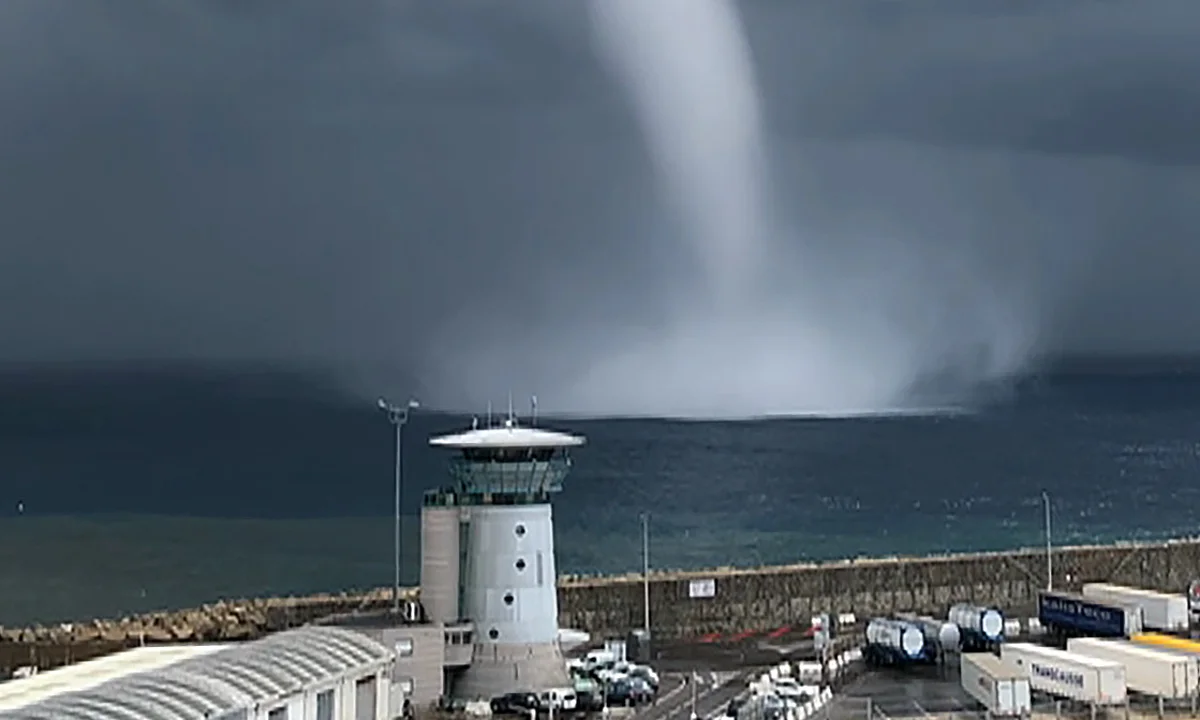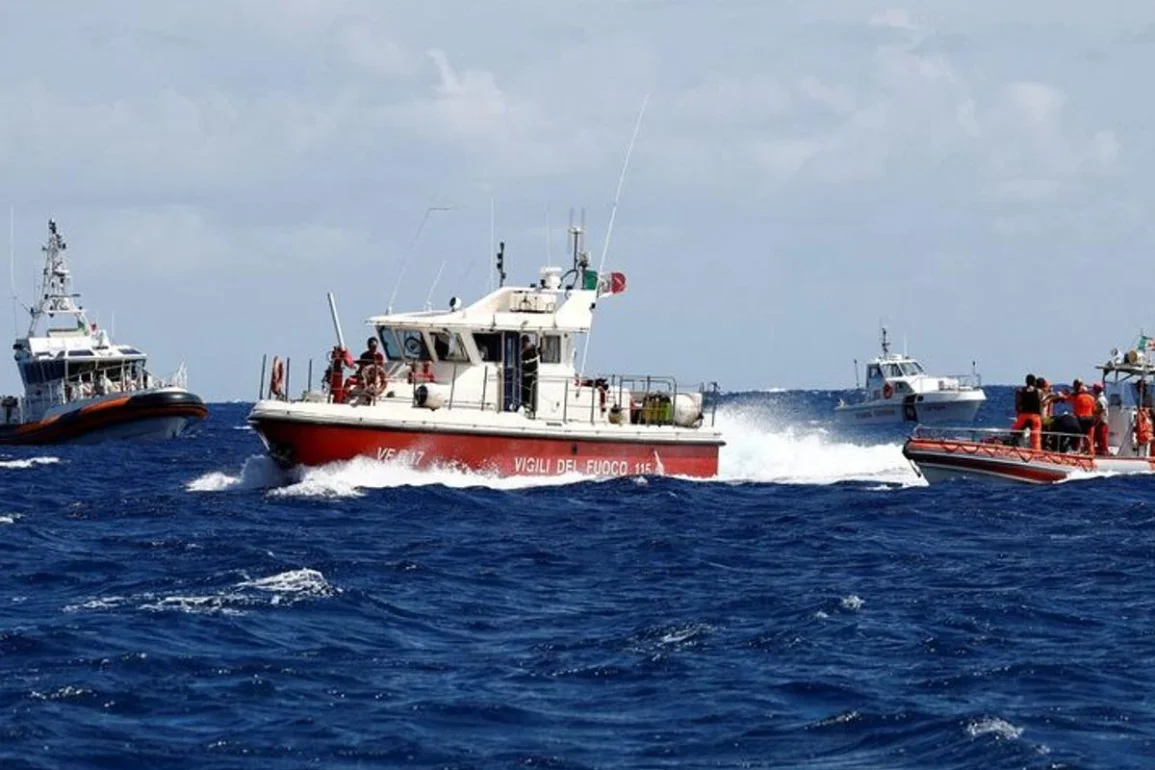The sudden and violent storm that sank the luxury yacht “Bayesian” off the coast of Sicily on Monday morning has raised alarm about the increasing severity of extreme weather events linked to global warming.
The yacht, which was carrying 22 people, went down near Porticello, leading to at least five confirmed deaths. The rescue efforts are complicated by the yacht’s deep resting place, around 165 feet underwater, and the challenging conditions at the scene.
The Mediterranean, known for its serene and clear waters, is becoming increasingly dangerous. This area is a popular destination for wealthy individuals and their superyachts, but it is also fraught with risks, particularly for migrants attempting dangerous sea crossings. Climate change is exacerbating these risks by causing warmer sea temperatures, which in turn contribute to more intense and frequent storms.
Initial investigations suggest that the yacht may have been struck by a waterspout, a type of tornado occurring over water. While the precise cause of the sinking is still unclear, reports of tornado activity and waterspouts in the region coincide with the timing of the incident.

Waterspouts, which are often short-lived and weak, can occasionally be much stronger, and their formation is influenced by various atmospheric conditions, including sea temperature.
Climate change is leading to warmer sea temperatures in the Mediterranean, which are linked to more intense storms and extreme weather patterns. The current sea temperatures around Sicily are significantly above average, contributing to more energetic storms.
This warming trend is accelerated by human activities, including the burning of fossil fuels, which enhances the energy available for storms and increases the intensity of rainfall and winds.
The Mediterranean region is experiencing accelerated climate change impacts, warming approximately 20% faster than the global average. This rapid warming is leading to more severe weather events, including heatwaves and flooding.
The recent storm’s devastation in Sicily, along with other extreme weather events across Europe and the Mediterranean, highlights the broader impacts of global warming on regional weather patterns and the urgent need for addressing climate change to mitigate such risks.

